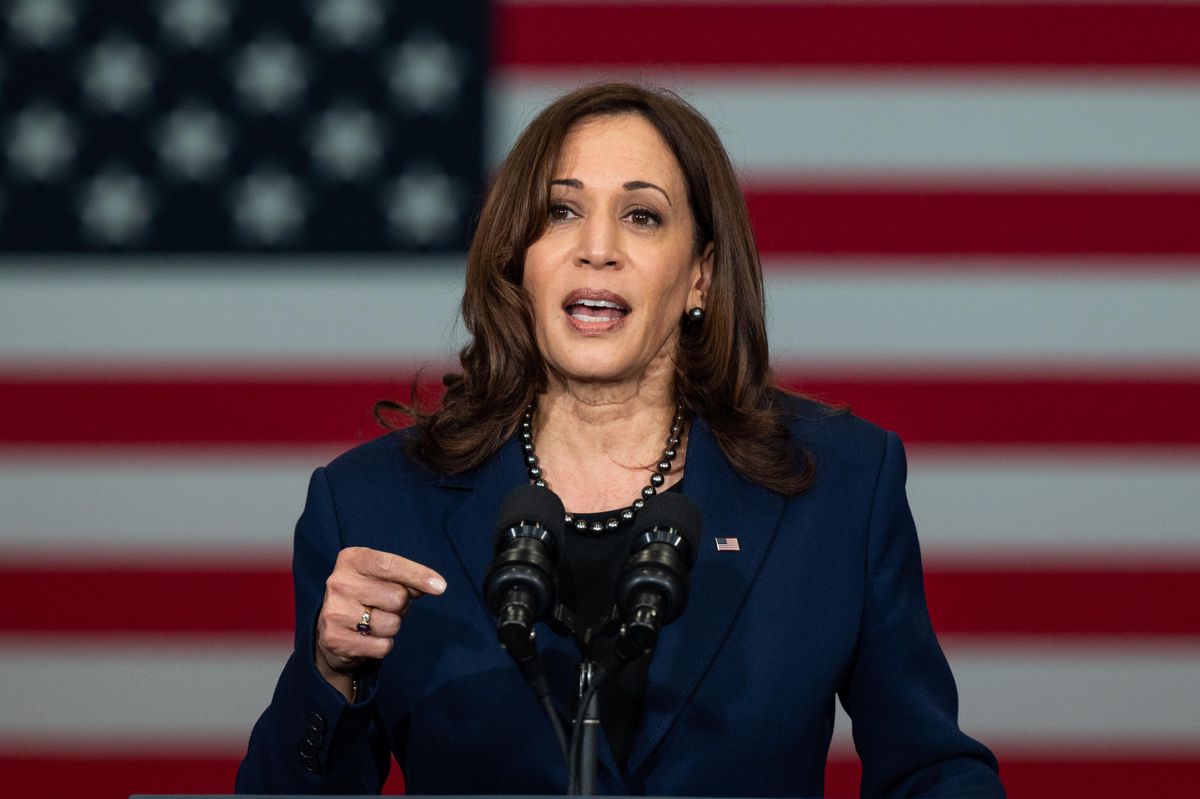Harris goes back to the future in Bavaria. In recent years, the Munich Security Conference (MSC) – to say nothing of the broader transatlantic alliance – have suffered from a sense of unclear purpose. US President Donald Trump questioned NATO’s value, and French President Emmanuel Macron has called it “brain-dead.” Without the Cold War framework, many have asked whether NATO even has a purpose? But things couldn’t feel more different today, according to Eurasia Group President Ian Bremmer. “You’re talking about US leadership and an alliance that feels unprecedentedly threatened by the recent escalation in Ukraine from Russia,” said Bremmer from Munich on Thursday. And the face of that US leadership at Munich this year is US Vice President Kamala Harris, who will deliver an important address on Saturday. Harris, who was also tasked with handling the challenge of migration at the US-Mexico border last year, has struggled to shine in her historic role as the first female Veep. A powerful address at Munich, delivered in the thick of a major transatlantic security crisis, could be her moment in the sun.
French troops quit Mali. French and allied troops will leave Mali this year, ending a nearly decade-long deployment in the unstable West African nation aimed at quashing jihadist groups in the Sahel. Since an August 2020 coup, Mali has been run by a junta that has clashed with Paris, the former colonial power, over a range of security and political issues. Most recently, the junta postponed elections, which led to a spat and expulsion of the French ambassador. Many of the roughly 2,000 French troops in Mali will redeploy to neighboring Niger, French President Emmanuel Macron said Thursday. But keep an eye on Mali for what happens with two key players: jihadist groups and the Russian mercenaries whose presence there (and elsewhere in Africa) is irking Europe.
Japan eases “seclusion.” After two years of nearly total isolation, the Land of the Rising Sun will begin to ease pandemic-related travel restrictions next month. The world’s third-largest economy will gradually increase the number of daily arrivals by foreign business travelers and students, from 3,500 to 5,000, and reduce quarantine requirements. Although nearly 60% of Japanese polled say they prefer to keep the travel bans in place for now, Prime Minister Fumio Kishida has come under immense pressure from business groups that say restrictions are hobbling the economy. Some 150,000 foreign students have been locked out until now, waiting to put their visas to use. But don’t book that cherry blossom tour just yet: tourists are still not welcome.
Is Moderna thwarting Africa’s vaccine plans? Vaccine inequality has been a hallmark of the global pandemic. But there was some positive news last week when a South African biotech lab announced it had produced its first batch of mRNA jabs based on publicly available data from American vaccine maker Moderna. After much wrangling with European and American drug makers opposed to waiving intellectual property rights, the World Health Organization helped set up the African vaccine hub to address vaccine shortages in low-income countries. But now the Cape Town lab worries that its plans to start human trials by November will be scuttled after Moderna applied this week for vaccine patents in South Africa. The pharma giant says it won’t enforce any IP rules during the ongoing pandemic, but the African scientists clearly have their doubts. Moderna said last fall that it will spend $500 million to build a new facility in Africa that could produce up to 500 million vaccine doses per year.








